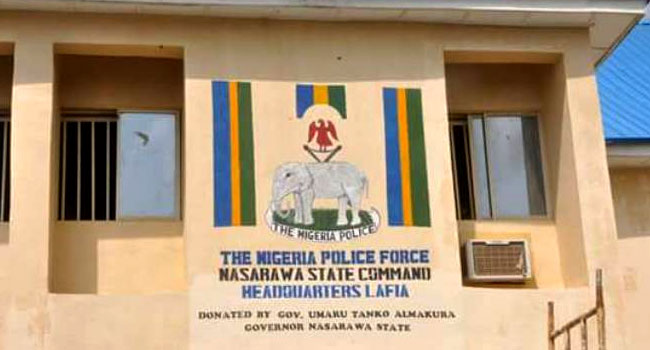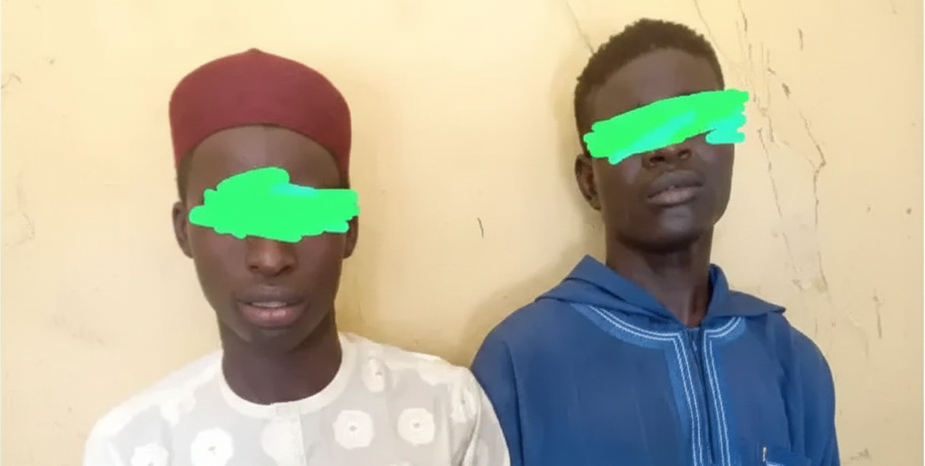As concerns mount over Nigeria’s worsening human rights record, Amnesty International Nigeria has taken a bold step to reawaken the conscience of the media, convening over 60 journalists from across the South East and Delta State for an intensive two-day training in Enugu on “Human Rights-Centred Journalism”.
The workshop, which brought together reporters and media advocates, sought to build a new generation of journalists who can challenge oppression, uphold ethics, and amplify the voices of the voiceless in the face of rising state impunity.
Amnesty International’s Communications Officer, Mr. Michael Christian, said the initiative was driven by the disturbing pattern of human rights violations and the lack of empathy and gender sensitivity in media coverage.
According to him, while many reports are factual, they often fail to reflect the human cost of abuse or give voice to victims’ dignity.
One of the facilitators, Prof. Chijioke Agbo, an Associate Professor of Law at the Enugu State University of Science and Technology (ESUT), in his paper titled “Press Freedom and the Law: Navigating Legal Risks in Journalism,” condemned what he described as the “ruling class’s blatant disregard for democratic norms and citizens’ rights,” warning that the government’s sustained attacks on civil liberties were eroding the foundations of democracy.
He called for the repeal of the Public Order Act of 1979 and criticised the Cybercrimes Act, describing it as a “weapon of state intimidation” used to silence dissent and muzzle the press.
Agbo, however, cautioned media professionals to understand that the legal protection of their sources was a “privilege, not a right,” urging them to exercise discretion when handling sensitive information.
In her presentation, Barr. Anne Agi, a law lecturer at the University of Calabar, emphasised the need for journalists to adopt a gender-sensitive lens in reporting.
Her session, “Journalism with a Gender Lens: Protecting Lives, Shaping Narratives,” challenged the media to avoid sensationalism and demeaning language, particularly when covering gender-based violence (GBV).
“Survivors are not case studies; they are people. Let your reporting heal, not harm. Protect, don’t expose. Your stories should restore dignity and drive systemic change,” she urged.
Other facilitators, including Dr. Kabiru Danladi, Hajiya Zainab Okino, and John Omilabu, spoke on ethics, media safety, and the need for consistent human-rights advocacy through journalism.
Participants, including the Chairman of the Nigeria Union of Journalists (NUJ) Delta State Council, Mr. Churchill Oyowe, commended Amnesty International for the training, describing it as timely in a climate of growing censorship and attacks on the press.
“This programme has reawakened our professional conscience. We are committed to practising journalism that defends human rights and promotes accountability,” Oyowe said.






